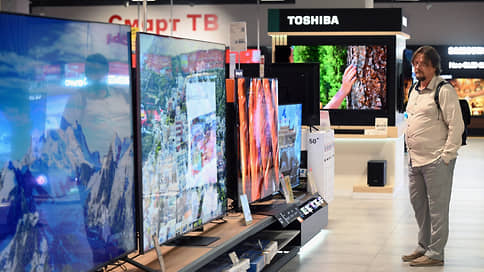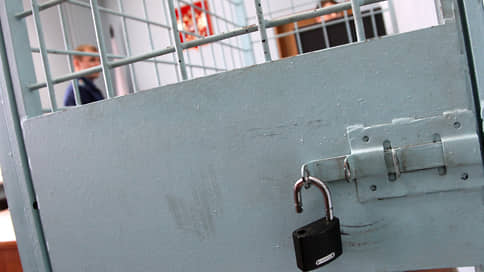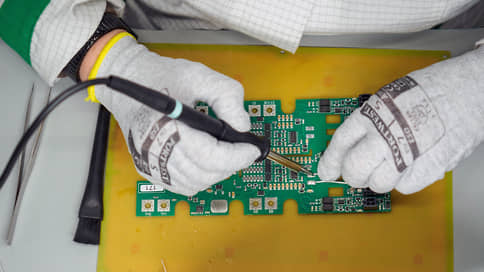Sales of TVs in the Russian Federation in the first quarter of 2025 decreased by 12%

In the first quarter of 2025, sales of televisions in the Russian Federation decreased by 12% in physical terms compared to the same period last year. The reduction in the segment of Russian devices was 20%. Market participants note that sales of TVs from Yandex and Sber are growing, other Russian enterprises reduce the volume of production or close this direction at all.
According to the results of the first quarter of 2025, sales of televisions in the Russian Federation in pieces were reduced by 12% and 4% in money, to 1.8 million devices and 56.6 billion rubles, a source in the household appliance market told Kommersant. The segment of domestic televisions was most reduced: by 20% in pieces and 11% in money, the share of Russian devices in the total market volume decreased from 44.4% to 39.9% in pieces and from 23.9% to 22.1% in monetary terms.
At the same time, Yandex and Sber (part of SberDevices), on the contrary, increase their share. According to M. Video-Eldorado, in the monetary terms the sales of their devices increased to 1.6 times compared to the same period last year. “Sber entered the top 5 brands in the number of devices sold, and Yandex showed the growth rate above the market-32% in pieces and 55% in money, Sber has an increase of 20% and 58%, respectively,” he says.
In mid -2024, Kommersant wrote that domestic enterprises collecting TV BBK, Hyundai, Telefunken, etc. increased the production volume of 30–70% of the departure of Western competitors (See “Kommersant” from July 8).
The largest reduction in the share in pieces is observed in Xiaomi (-13%), Samsung (-8%) and LG (-30%), adds the commercial director of the refrigerator.ru Alexei Pogudalov. Among the growing brands, he calls Sber (+58% year for the year) and TCL (+57%). “The increase in demand for domestic televisions is associated with the active promotion of Yandex and Sber brands, these manufacturers primarily promote ecosystems, respectively, Alice and Salyut,” he emphasizes, adding that after the result of 2025, a drop in demand for TV is expected by 15% compared to last year’s result.
In Yandex, Kommersant said that sales of their devices according to the results of the first quarter of 2025 increased by 23% year by the year. The company associate such a result with new Yandex TV models, presented in early 2024. SberDevices claim to increase the demand for their TVs in the first quarter by 20% in pieces, which is why the total share of Sber TVs reached 7% of the Russian market. “We expanded the distribution channels,” they say there.
In addition to the high key rate of the Central Bank (20% on June 10), Russian manufacturers of TV offices faced financial and logistics problems, says Vladislav Borodin, director of the OCS household electronics department.
“Most likely, in the second quarter the decline will be preserved, since the season of low sales will be added to the current conditions: during this period, consumers are changing priorities – they go on vacation, etc.,” he says, adding that growth can be seen in the middle of the third quarter, but after the year the sale will be 10-15% lower than the 2024 indicators.
Now there are no vendors with localized production in the country, Quantum has stopped releasing domestic televisions, and there were no new suppliers, Larisa Senina, director of the Marvel Distribution KBT department, recalls. But according to its expectations, according to the results of 2025, the TV market will not be reduced so significantly – by 10% in pieces and by 5% in money. The fact that Kwant stopped the production of domestic TVs became known in April (See “Kommersant” dated April 9).
“Due to the reduction in demand, we were forced to reduce the volume of TV production in 2025 by 25%,” said Kirill Skvortsov, director of the strategic development of the contract manufacturer of Sti Group TVs. “However, when a key rate is reduced, the situation may change,” he emphasizes. He also adds that Yandex and Sber are selling TVs at a loss, due to holding prices for their devices. According to his forecast, in the current conditions, the demand for TVs in 2025 will be reduced by 25% compared to 2024.







:format(webp)/s3/static.nrc.nl/wp-content/uploads/2025/06/10210845/web-1006BIN_vanWeel.jpg)